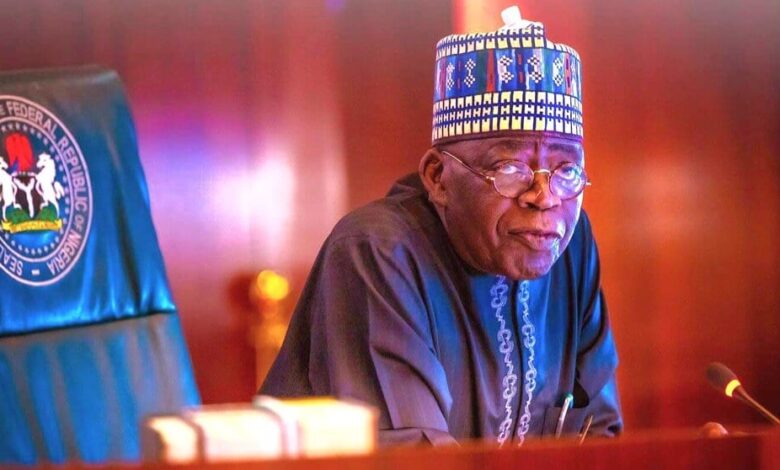15 per cent import duty on fuel: Coalitions reject Tinubu govt’s suspension of tariffs

The Nigeria Coalition Group, NCG, and Yoruba Council Worldwide, YCW, have rejected the recent suspension of the 15% import duty tariffs on petroleum products.
They argue that the decision is a move in the wrong direction and should not have been made at a time when importation of petroleum products should be discouraged.
The groups believe the move is not in the interest of Nigerians and undermines local refineries as well as the economic interests of the country.
DAILY POST reported that the Principal Private Secretary to President Bola Ahmed Tinubu, Prince Damilotun Aderemi, on Thursday announced the suspension of the tariff.
Aderemi, in his statement, cited alleged panic buying of Premium Motor Spirit (PMS), also known as petrol, and Automotive Gas Oil, as justification for the suspension.
However, the groups insist there is no evidence of panic buying or fuel scarcity in any part of Nigeria.
They described the suspension as “a figment of imagination” orchestrated by “desperate and powerful oil cabals” seeking to perpetuate the impoverishment and suffering of Nigerians.
In a joint statement, the NCG and YCW reiterated their demand for the immediate implementation of the 15% import duty tariffs, calling for a total ban on petroleum importation to protect local refineries.
The groups cited a recent presentation on 12th November 2025 to the Executive Governor of Lagos State, Babajide Sanwo-Olu, and the Speaker of the Lagos State House of Assembly, Rt. Hon. Mudashiru Obasa, through the House Leader, Honourable Noheem Adams, where they urged accelerated action to ensure indigenous refineries are protected from intimidation, under-supply, and economic sabotage.
The coalition said it has petitioned the Economic and Financial Crimes Commission (EFCC), the Nigeria Police Force, and the Department of State Services (DSS) to reinforce their demands.
Aare Oladotun Hassan, Esq., President and Convener of NCG, reaffirmed that “the suspension is a dangerous policy that threatens national economic stability” and urged Nigerians to stand united in safeguarding local petroleum investments.
The NCG and YCW said they “remain committed to ensuring that local refineries receive 100% crude oil allocation, while advocating for policies that reduce reliance on imported petroleum products and strengthen Nigeria’s energy self-sufficiency.”





